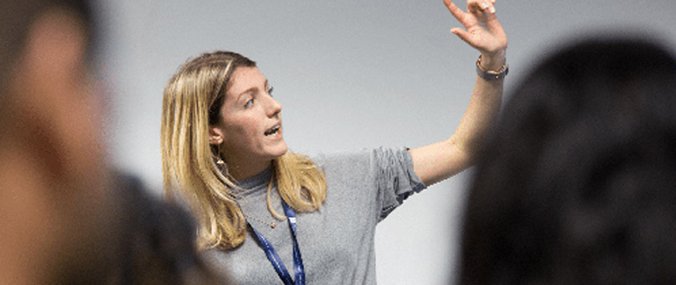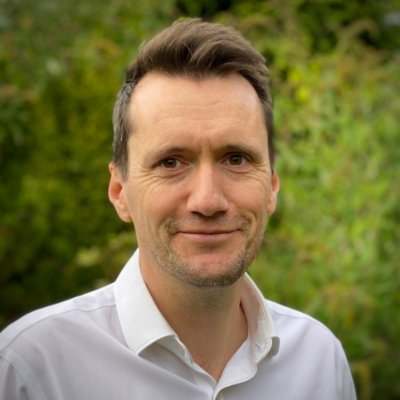Driving health equity: 2024 HEFT conference highlights
Publication date: 17 July 2024
Recently, I had the privilege of attending the Health Equity Focused Training (HEFT) conference at Glaziers Hall in London, which was co-sponsored by the RCGP. It was lovely to be there and meet so many doctors in training, GPs and other colleagues committed to reducing health inequalities.
About the Health Equity Focused Training (HEFT) conference
HEFT is a programme in England I was involved in establishing, so it was uplifting to see how it thrives. In HEFT, doctors training to be GPs rotate through jobs in areas of deprivation and suitable specialities, alongside an educational programme and peer support. It’s designed to create the Deep End workforce of the future, equipping them with the knowledge, skills and confidence to pursue a career working in areas of socio-economic deprivation and supporting the most vulnerable in society. The people I met were committed, exemplary practitioners and passionate advocates for their patients and communities. Rahhiel Riasat, the national lead for HEFT, does a brilliant job coordinating HEFT, and organised a great conference with her colleagues.
Tackling health inequalities in the primary care community
The day began with a beautiful talk by inspirational GP Austin O'Carroll on the importance of fostering and maintaining hope for patients who live - and GPs who work -in areas of deprivation. Austin has established two deprivation-focused training schemes in Dublin - upon which HEFT was modelled -and he spoke passionately about how utilising hope as a lens when supporting patients can help to understand people’s perspectives and experiences and build therapeutic relationships. Sometimes, prescribing a drug or doing a referral is less powerful than having a conversation that leaves the person with a little more hope about their situation.
Dr Veena Aggarwal, Vice-Chair of RCGP’s Climate and Sustainability Group and Dr Liliana Risi, Interim Non-Executive Director of Greener Practice and member of the Climate and Sustainability Group talked about sustainability, greener practice and the significant contribution of environmental factors to health outcomes and inequalities. The planet’s health and our own are inextricably linked. Tragically, but perhaps unsurprisingly, those living in areas of deprivation suffer most from the effects of climate change and pollution. Ethnic minority people are more likely to live in areas of deprivation and with air pollution, something highlighted by the tragic death of Ella Adoo-Kissi-Debrah from asthma triggered by air pollution.
Responding to the climate emergency, alongside health inequalities, is one of the RCGP’s current strategic priorities and you can read more about our climate change and sustainability work.
Promoting health equity at the RCGP and through general practice
I spoke at the conference about the work that the RCGP is doing around health inequalities, including our educational modules, podcasts and 10 in 10 resource. You can access these on the health inequalities hub. The RCGP’s commitment in this area and the passion and dedication of our chair, Kamila Hawthorne, amongst many others, make it an exciting time for those working in health equity.
The afternoon was filled with workshops, including one I ran, which explored what general practices can do to address health inequalities. I plan to continue such discussions over the coming months and create a Fairer Practice Framework similar to the Green Impact for Health Toolkit, describing the actions a practice can take to demonstrate its commitment to health equity.
At the end of the day, we were joined by a choir from South London and Maudsley Trust, and we all got to have a singsong, leaving with a spring in our steps. At first glance, you might think a day focused on health equity would be depressing and demoralising. Instead, it is engaging and uplifting, and I’m always energised and reinvigorated by spending time with like-minded, inspirational colleagues. It’s awe-inspiring to witness such moral beauty.
About the writers
Thank you for your feedback. Your response will help improve this page.

